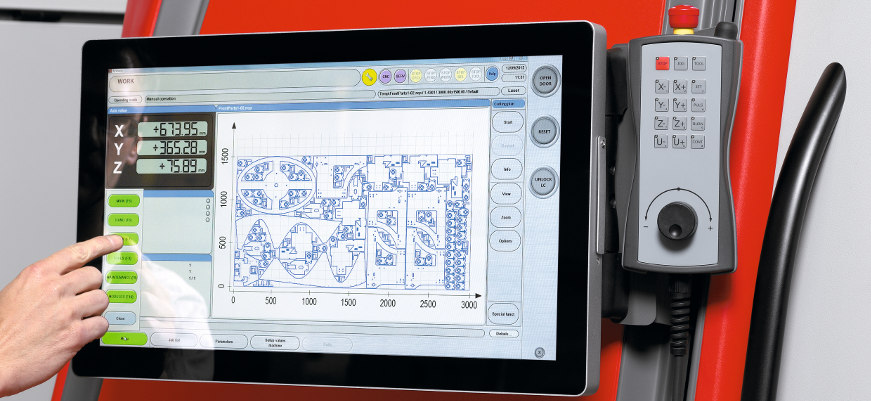
Quality Management As Imperative In Production
Quality management in today’s business operations means the implementation of numerous methods and systems that raise product quality.
Quality management implies all the procedures that thoroughly review the quality of all the factors in the production.
The ISO 9000 standard defines quality control as “quality management focused on achieving the required level of quality ”.
Introduction to quality control
Control or quality management is an activity without which today’s organizations can’t operate and be competitive. As the word itself implies, quality control is an organization’s activity related to controlling manufactured products and comparing their properties with quality standards, to ensure that the product meets customers requirements.
However, quality is a relative term and what is good for one customer is not good for the other.
That is why every organization needs to reduce the quality of its products and services to a common denominator. Also, quality for organization means cost.
In other words, increasing the quality level increases the cost needed to achieve this quality level as well. Accordingly, the organization must find the optimal level of quality so that the end product doesn’t have a high price customers won’t able to pay.
Quality Management Philosophies
Today, there are several approaches in the world that define the activities the organization should take to increase the quality of its products and services. The most famous philosophies for quality improvement come from Japan where the quality tradition has been developed for many years.
One of such quality improvement philosophies is Kaizen.
Kaizen methodology is implemented in most major manufacturing organizations in Japan, and relates to continuous improvement of the process. The main goal of implementing this method in business is to reduce costs that can lead to new costs being generated. Continuous improvement is at the same time the requirement of the ISO standard which will be discussed later.
6 sigma philosophy is a quality improvement method which emphasizes that an organization must eliminate from its business all the possible causes that lead to the production of scrap or non-conforming products. This philosophy is fully geared towards the customer and fulfilling his requirements. It was developed in Motorola in 1986, and it has been applied in all branches of business since.
The next method that can contribute to raising product quality is Quality Circles. Quality circles require that workers who care about quality after, or during work time gather in one place and under the guidance of a moderator discuss how to increase the quality of a particular product. The method also envisages the use of various mathematical methods of quality control. It was first developed in the US and later expanded into most organizations in Japan.
Total Quality Management (TQM)
Total quality management is such a quality approach that has a long-term orientation towards product and service quality. This approach requires all employees in the organization to be involved in the improvement of the quality of their products. It is considered that TQM is actually a way of organizational culture and organizational life.
TQM’s core features are continuous training of all employees to enhance their competences, thereby improving quality, active participation of all employees at all levels of organization, teamwork, engaging suppliers in the production process, and gathering information from the market.
ISO system
ISO is an international organization that deals with standards and standardization, and is at the top of the quality infrastructure.
In its norms ISO gives recommendations, ie instructions, by adhering to which, the organization improves the quality of its products, services and general business. There are a number of related, family-friendly norms that ISO provides guidelines for, related to preventing and removing non-conforming products, conducting audits, and raising the satisfaction of the customers to a higher level. Some of the standards prescribed by the ISO are : ISO 9000, ISO 9001, ISO 14001, ISO 19011 etc.


